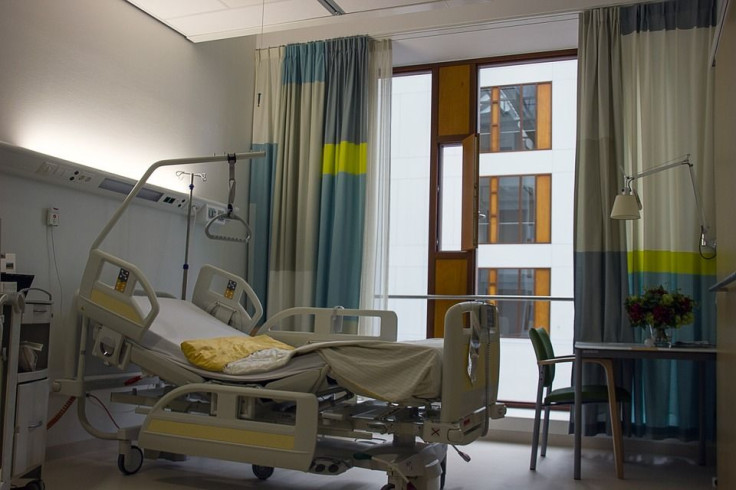88-Year-Old Man Has 8-Inch WWI Explosive Lodged Into His Rectum, Causes 'Bomb Scare'

KEY POINTS
- Bomb disposal experts said there was a little possibility the shell would explode
- The explosive reportedly measured almost eight inches long
- The patient is expected to make a full recovery from the surgery
An 88-year-old patient in Hospital Sainte Musse in Toulon, France had an antique explosive removed from his rectum, Saturday, resulting in the French hospital being partially evacuated since it sparked a "bomb scare."
The doctors were shocked after a senior citizen arrived with a World War I artillery shell lodged in his rectum, French publication Var-Matin reported.
"An emergency occurred from 9 p.m. to 11:30 p.m. on Saturday evening that required the intervention of bomb disposal personnel, the evacuation of adult and pediatric emergencies as well as the diversion of incoming emergencies," a hospital spokesperson stated.
"We had to manage the risk in a reactive framework," the representative added. "When in doubt, we took all the precautions."
The bomb disposal experts at the scene determined there was a little possibility the shell would explode inside the man, as per the New York Post.
"They reassured us by telling us that it was a collector's item from the First World War, used by the French military," the hospital stated.
Despite being stunned and fearful about the case, the doctors started the process of removing the object. The explosive reportedly measured almost eight inches long and more than two inches wide.
It is believed that the patient voluntarily inserted the item up his anus for sexual pleasure. "An apple, a mango, or even a can of shaving foam, we are used to finding unusual objects inserted where they shouldn't be," one doctor said. "But a shell? Never!"
The bomb was a collector's item from the First World War and commonly used by the French military in the early 1900s, the Daily Mail reported.
The doctors had to take the man into surgery, cutting open his abdomen to remove the relic. According to the hospital, the patient is now stable and in "good health."

© Copyright IBTimes 2024. All rights reserved.











